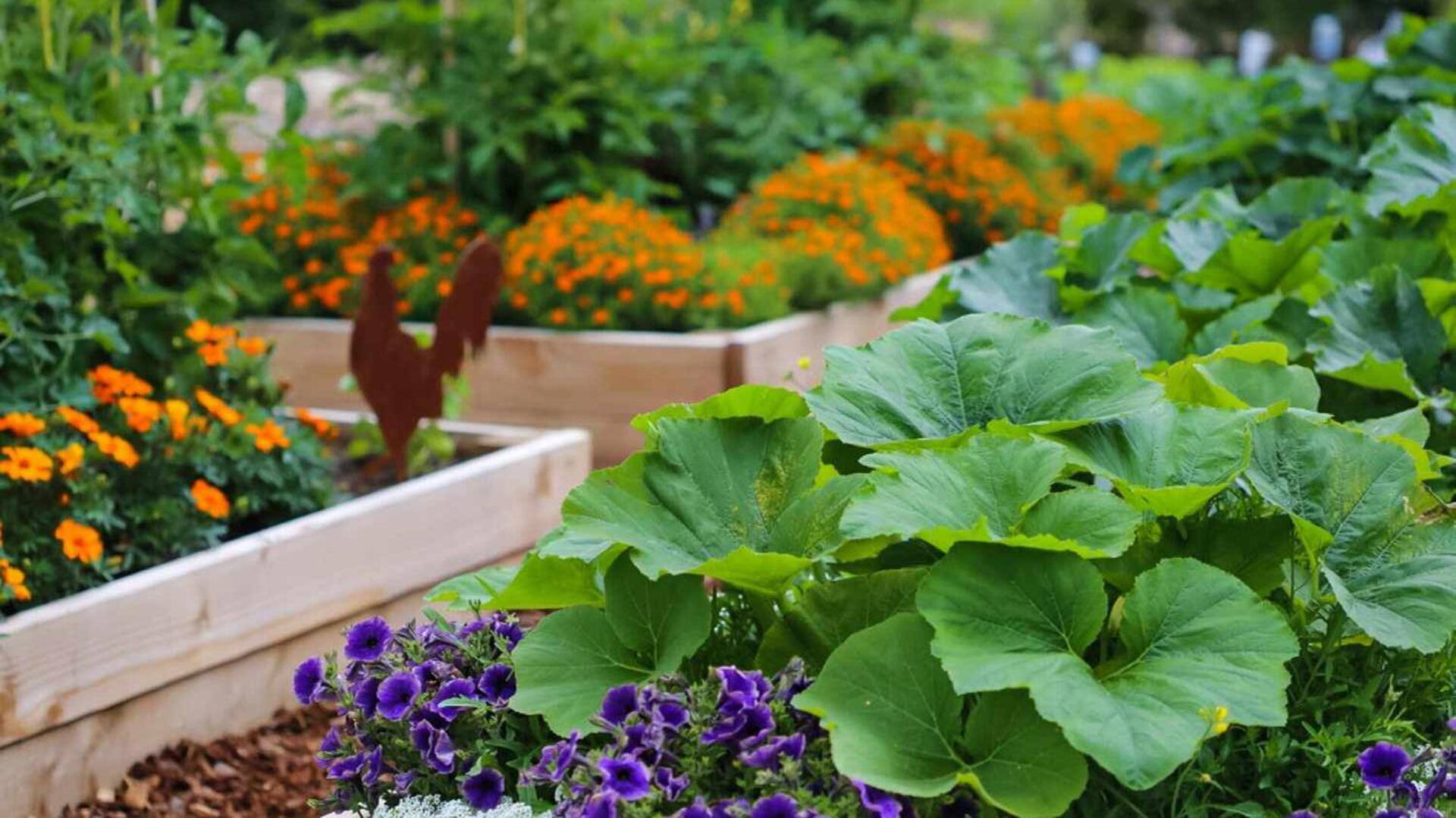
Master African-inspired vegetable patchwork gardening
What's the story
African-inspired vegetable patchwork gardening is a sustainable and highly productive way to grow various vegetables in small spaces.
This method is based on traditional African agricultural practices emphasizing biodiversity, soil health, and water conservation.
By incorporating these principles, urban farmers can cultivate gardens that are productive, resilient to climate change, and beneficial for the environment.
Choice
Selecting the right vegetables
Choosing the right vegetables is crucial for a successful African-inspired patchwork garden.
Select native African vegetables such as amaranth, African eggplant, and okra, along with varieties that are well-adapted to your local climate.
These plants will be more resistant to pests and diseases and more tolerant of local weather extremes.
A combination of root vegetables, leafy greens, and fruit-bearing plants will provide a diverse harvest throughout the season.
Layout
Designing your garden layout
The design of your garden is crucial for maximizing productivity.
Organize your plants in intercropping patterns—this involves growing different crops in proximity to utilize space efficiently and improve soil fertility.
For instance, tall plants like maize can offer shade to lower-growing, shade-tolerant crops like spinach.
This technique saves space and also imitates natural ecosystems, resulting in more robust plants.
Soil health
Soil preparation and management
Healthy soil is the heartbeat of your garden.
In an African-inspired vegetable patchwork garden, focus on organic matter enrichment and minimal disturbance.
Add compost or well-rotted manure to improve soil structure and fertility.
Don't over-till the soil; use gentle methods like hand tilling or no-dig beds to maintain soil structure and microbial life.
Watering
Water conservation techniques
Water conservation is key in African-inspired gardening. Africa's diverse climates, particularly its dry regions, have led to innovative water-saving strategies.
Mulching with organic materials minimizes evaporation from the soil surface, and drip irrigation systems deliver water directly to the plant roots, maximizing efficiency.
Plus, capturing rainwater in barrels provides a natural solution for supplementing irrigation without depleting local water supplies.
Pests
Pest management strategies
In line with sustainable practices, it's crucial to manage pests without resorting to chemical pesticides in an African-inspired vegetable patchwork garden.
Encourage beneficial insects like ladybugs or utilize natural repellents like neem oil sprays, which are less harmful than synthetic options.
Companion planting—cultivating specific plants in proximity—can discourage pests while attracting beneficial pollinators essential for plant reproduction.